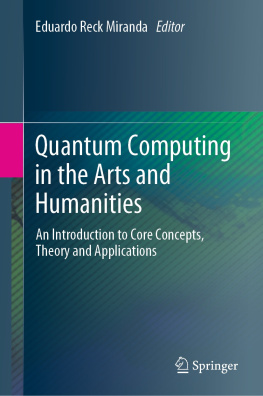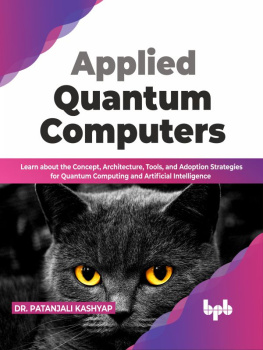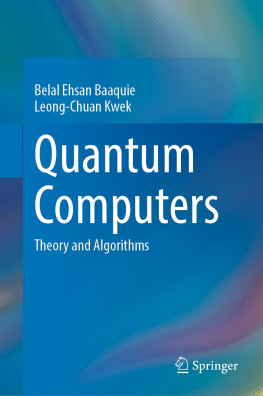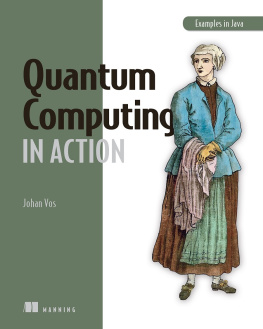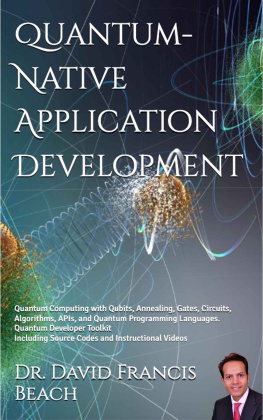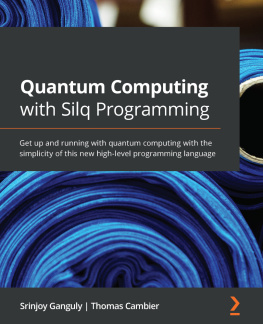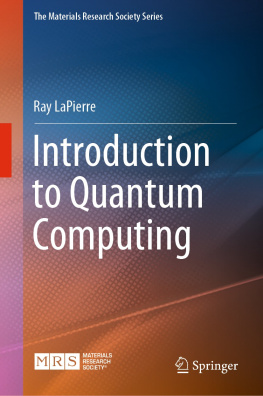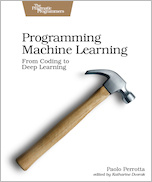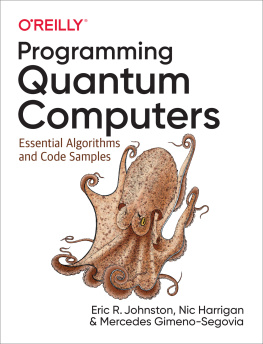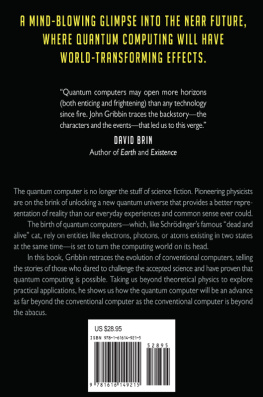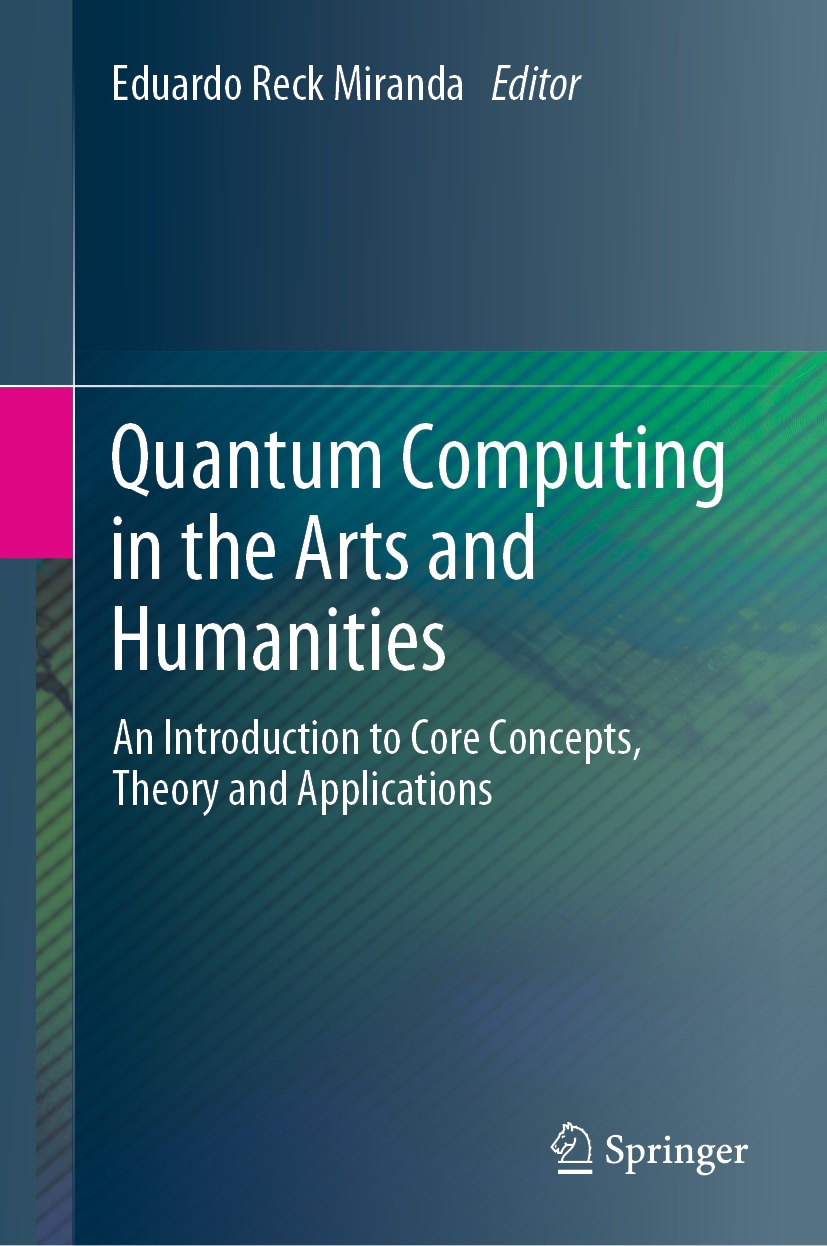Eduardo Reck Miranda (editor) - Quantum Computing in the Arts and Humanities: An Introduction to Core Concepts, Theory and Applications
Here you can read online Eduardo Reck Miranda (editor) - Quantum Computing in the Arts and Humanities: An Introduction to Core Concepts, Theory and Applications full text of the book (entire story) in english for free. Download pdf and epub, get meaning, cover and reviews about this ebook. year: 2022, publisher: Springer, genre: Children. Description of the work, (preface) as well as reviews are available. Best literature library LitArk.com created for fans of good reading and offers a wide selection of genres:
Romance novel
Science fiction
Adventure
Detective
Science
History
Home and family
Prose
Art
Politics
Computer
Non-fiction
Religion
Business
Children
Humor
Choose a favorite category and find really read worthwhile books. Enjoy immersion in the world of imagination, feel the emotions of the characters or learn something new for yourself, make an fascinating discovery.
- Book:Quantum Computing in the Arts and Humanities: An Introduction to Core Concepts, Theory and Applications
- Author:
- Publisher:Springer
- Genre:
- Year:2022
- Rating:4 / 5
- Favourites:Add to favourites
- Your mark:
Quantum Computing in the Arts and Humanities: An Introduction to Core Concepts, Theory and Applications: summary, description and annotation
We offer to read an annotation, description, summary or preface (depends on what the author of the book "Quantum Computing in the Arts and Humanities: An Introduction to Core Concepts, Theory and Applications" wrote himself). If you haven't found the necessary information about the book — write in the comments, we will try to find it.
Computers are essential for the functioning of our society. Despite the incredible power of existing computers, computing technology is progressing beyond todays conventional models. Quantum Computing (QC) is surfacing as a promising disruptive technology. QC is built on the principles of quantum mechanics. QC can run algorithms that are not trivial to run on digital computers. QC systems are being developed for the discovery of new materials and drugs and improved methods for encoding information for secure communication over the Internet. Unprecedented new uses for this technology are bound to emerge from ongoing research.
The development of conventional digital computing technology for the arts and humanities has been progressing in tandem with the evolution of computers since the 1950s. Today, computers are absolutely essential for the arts and humanities. Therefore, future developments in QC are most likely to impact on the way in which artists will create and perform, and how research in the humanities will be conducted.
This book presents a comprehensive collection of chapters by pioneers of emerging interdisciplinary research at the crossroads of quantum computing, and the arts and humanities, from philosophy and social sciences to visual arts and music.
Prof. Eduardo Reck Miranda is a composer and a professor in Computer Music at Plymouth University, UK, where he is a director of the Interdisciplinary Centre for Computer Music Research (ICCMR). His previous publications include the Springer titles Handbook of Artificial Intelligence for Music, Guide to Unconventional Computing for Music, Guide to Brain-Computer Music Interfacing and Guide to Computing for Expressive Music Performance.
Eduardo Reck Miranda (editor): author's other books
Who wrote Quantum Computing in the Arts and Humanities: An Introduction to Core Concepts, Theory and Applications? Find out the surname, the name of the author of the book and a list of all author's works by series.

